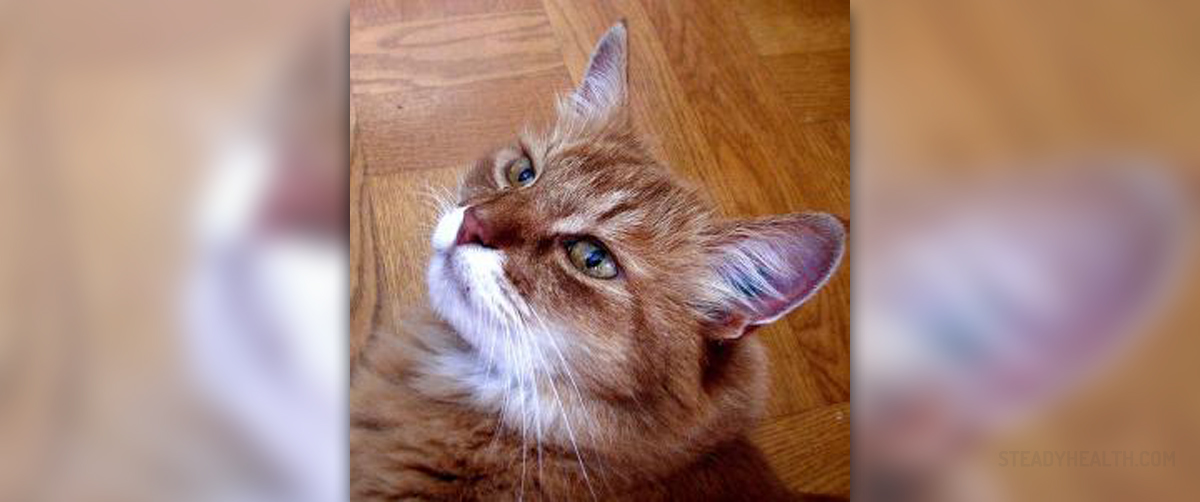
FIP
FIP or Feline Infectious Peritonitis is the medical term for a viral infection that appears in cats. This infection is caused by specific strains of a virus named the feline coronavirus. In the early stage of the infection, the cats show hardly any symptoms The signs begin to emerge when the infection is advanced and when the immune system starts to produce antiviral antibodies. Usually the virus enters the bloodstream and affects white blood cells that are carried to other organs in the cat’s body, such as the brain or the kidneys. When clinical FIP occurs affecting various systems in the body, the disease is usually fatal for the cat.
Risks of developing FIP
Those cats that have a weak immune system are at great risk to catch this disease, such as kittens, geriatric cats and those cats that already have feline leukemia virus. Furthermore, the cats with any coronavirus are at the greatest risk to develop feline infectious peritonitis. This disease is not highly contagious. Feline coronavirus is usually found in feces or saliva of the cats and can be transmitted through cat-to-cat contact and exposure to feces.
Symptoms of FIP
In the early phases, when a cat is just exposed to the virus, the symptoms are not noticeable. However, there are only few of them that the infected cat may experience. For example, watery eyes, sneezing and nasal discharge may occur as the mild symptoms, though in some cases, cats may have certain gastrointestinal symptoms, such as diarrhea, for example. All these symptoms appear before the cat develops clinical FIP. The characteristic symptoms that appear when a cat develops FIP are loss of appetite and subsequent weight loss, depression, rough hair coat and fever. Gradually, all these symptoms become worse and after several weeks the cat dies, unfortunately.
Forms of FIP
FIP has two forms: an effusive or wet form and a non-effusive or dry form. The non-effusive form of FIP is more frequent and includes the following symptoms: depression, anemia, weight loss and constant and continuous fever. On the other hand, the effusive form of FIP is marked by the accumulation of liquid in the abdomen, or in the chest. Weight loss, fever, loss of appetite and lethargy are the symptoms of this form of FIP, which rapidly become worse. Furthermore, due to excessive liquid accumulation, the cat cannot breathe normally. This disorder is very hard for diagnosing and many doctors may overlook it, because the symptoms usually vary from cat to cat.


_f_280x120.jpg)
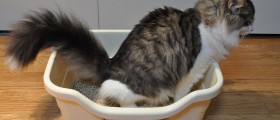

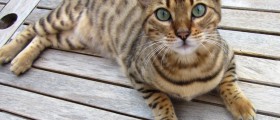
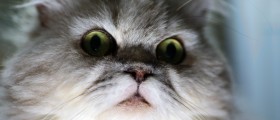







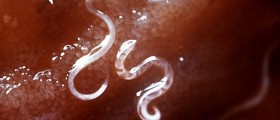

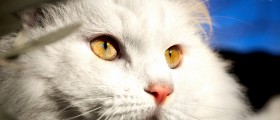
Your thoughts on this
Loading...